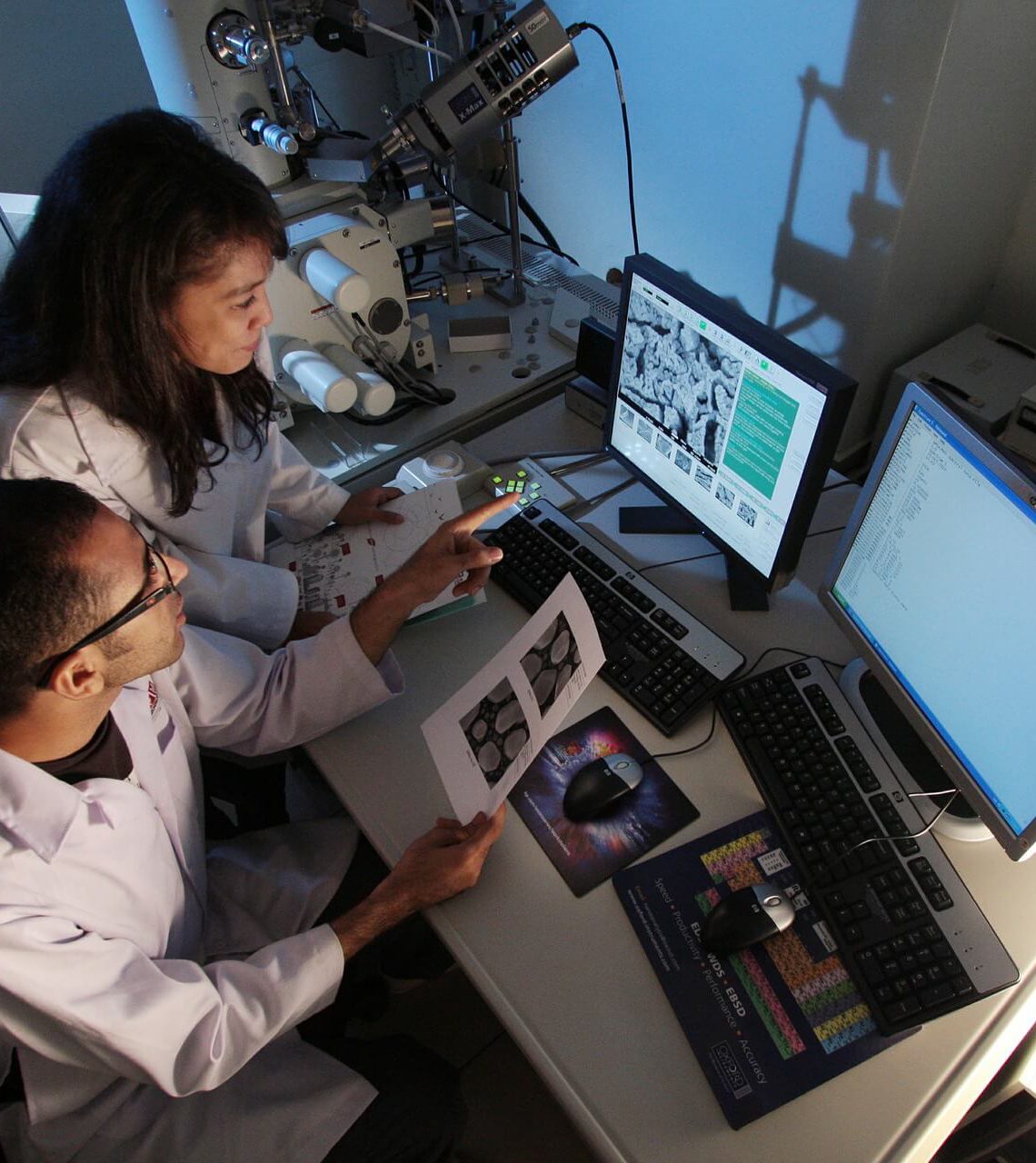Become a leader in the field of biomedical research and/or pharmaceuticals and help save countless lives.
Biomedicine is a field of medical science in which professionals apply biological and physiological principles to clinical research and practice.
A career in biomedicine is typically within the professional health care or pharmaceutical industry. For those not interested in Clinical careers, there are many opportunities for those with a biomedicine background within policy and research, amongst a range of other fields.
The interactive map below shows different pathways that highlight the steps taken by real professionals in that field.
Deciding which Biomedical specialisation to work toward may be easier than you think. Whether you want to develop hearing aids, develop new drugs, help people start a family, or find evidence in a crime, you can do it, and much more with Biomedicine.
The following specialisations include information about what sort of work is involved, a range of related jobs, the type of skills you might expect to come out of a Biomedical profession.
Click on each image to find out more about the relevant specialisation
A common first step in the Medicine pathway is undertaking an undergraduate Biomedicine or Science degree.
Fourth Year Programs
After completing an undergraduate program, some students elect to continue on to a year of honours, especially if they are interested in pursuing medical academic research.
For those who choose to pursue a fourth year, finding a course that accommodates their grades and location preferences can be tough.
For those individuals who completed a Biomedicine, Science or related degree, in order to continue into specific fields such as Audiology, Embryology or Research, a postgraduate degree is commonly required.
Some individuals who completed an undergraduate or fourth-year program, yet decided not to continue on a direct Biomedicine pathway, often pursue alternative careers.
Finding a suitable program that suits your needs requires research and time. We have done that work for you!
Below are some alternative pathways you may consider if you decide biomedicine is not the right career for you.









